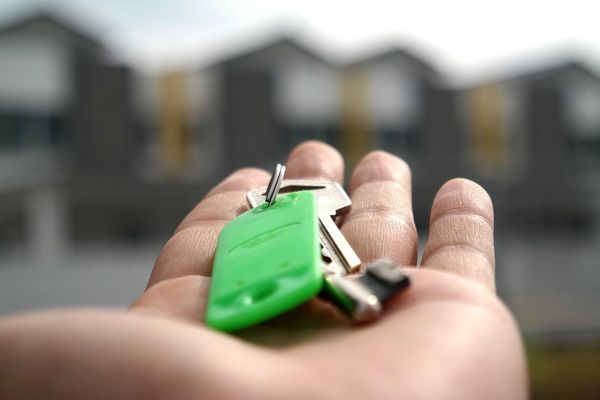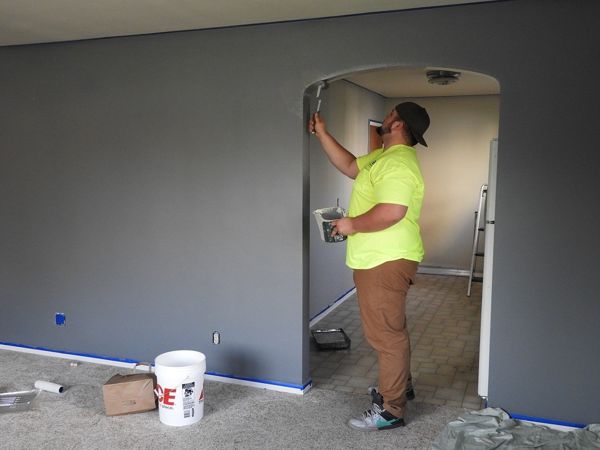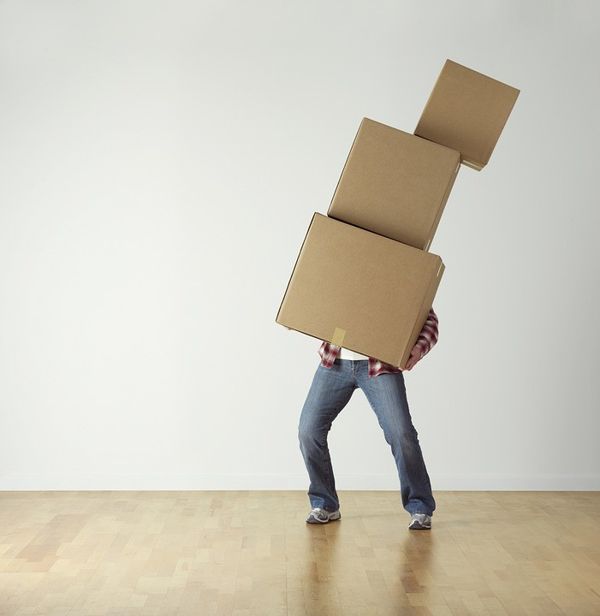To Rent or To Own? Guide to Property Investment in the Philippines
To rent or to own, that is the question. There is no doubt that owning a home remains a dream for most Filipinos. A report by the National Economic Development Authority called AmBisyon Natin 2014 showed that Filipinos share a common vision for self and family with 79% declaring that their top aspiration is to have a “simple and comfortable life.” This includes owning a medium-sized home for 61% of the population.
However, aspiration is one thing while reality is another. A related survey revealed that over two-thirds of Filipinos would rather rent than buy a property. While they would like to own a home in the future, 60.7% of the respondents said they just couldn’t afford one now. The capability (or lack of it) of Filipinos to buy and maintain a home is still the primary reason why the Philippines remains a rental society.
Both the dream of buying a home and the reality of renting have made real estate one of the strongest and formidable industries in the Philippines. So, are you looking into buying or renting? Whatever your intention is, know that whichever you choose has pros and cons. It also largely depends on your personal situation and circumstances, including the economy or other external factors.
What’s it going to be?
Buying a House: The Pros

Photo courtesy of mastersenaiper via Pixabay
- Best. Investment. Ever.
Owning a home is one of the best investments one can ever make in his or her lifetime. It is the end-all of all the hard work you have invested over a considerable period of time. Property investment is often associated with developing a sense of security over your life and that of your family’s in general.
The value of a house and lot always appreciates in value and builds equity. The rate of which is dependent mostly on location and the improvements that you do. You can decide to sell it at a higher price in the future or have it leased for added income. It can also be your rainy day fund for emergencies and other projects.
Unlike renting, owning a home means you know exactly where your money is going. If the house is on loan, paying monthly amortization for 10 years or so shouldn’t be so bad as you are certain that the money doesn’t just go down the drain.
- Predictability of costs and expenses
If you are a homeowner, you are looking at predictable monthly mortgage payments over a certain period of time. You can manage your budget easily with absolute principal and interest payments. You are not at the mercy of landlords who can raise your rent as often or as much as he wants.

Photo courtesy of MamaShaw via Pixabay
- You have total control
Yes, you can repaint the walls and hang your favorite artwork without having to ask permission from anyone. You have full control of what you want to do with your property. You can make modifications to improve your home’s privacy too. And when you perform home improvements, it adds to the value of the home as opposed to making renovations on a rented property that you will just hand over to your landlord later on.
- Securing retirement
Did it ever cross your mind that you could be 50 or 60 and still won’t have anything to show for it? It’s a scary thought, to be honest. But a home or property investment can change that. When you have your own home, you can be sure that you have a place to call your own. You can be sure that you have an investment to get you through.
- Pride in home ownership
You have every reason to be proud if you were able to buy your own house. No one’s going to kick you out. It is simply comforting to know that you’ll have a roof over your head for as long as you live.
Buying a House: The Cons

Photo courtesy of schuldnerhilfe via Pixabay
- Are you ready to commit?
When you decide to buy a house, you have to be absolutely sure that you are capable of a long-term financial commitment. We’re talking about paying off mortgage monthly for the next decade or so of your life. And while mortgage payments are usually fixed, they are often higher than rental payments. This is why a stable job is necessary if you decide to make a home purchase.
Apart from the long-term financial commitment required in home ownership, you must also take into consideration the down payment, closing or turnover costs, and moving expenses.
- You are responsible for everything
There’s a leak in your sink? There’s a crack on the wall? Tax season is coming up? Everything is your responsibility — from maintenance to paying taxes.
Unlike renting when you can make an arrangement with your landlord over repairs and maintenance, home ownership does not give you this option. As a home owner, you must also be responsible for paying real estate tax and other fees related to owning a property.
- Loss of flexibility
You can’t just pack and leave. That’s the reality of home ownership. Once you have chosen the house, the neighborhood, and the location, there’s no turning back so easily. Renters, on the other hand, get to have the flexibility and the ability to move around as often as they want. If they leave a job, they can also relocate near their workplace in an instant.
- Not that easy to sell
You say: I’m tired of this house, I’m going to sell it. Remember that you are dealing with a multi-million-peso investment and looking for a truly interested buyer is not that easy. The process becomes even more complicated if the house is still on loan and you try to find a buyer who will pay off the rest of it.
Renting a House: The Pros
- It is often cheaper
Most Filipinos choose to rent a house because it is relatively cheaper. Rentals tend to be lower than monthly amortization. You also don’t have to worry about down payments and closing fees. In some instances, rent would even cover utilities and other dues. And yes, there are no taxes to pay.

Photo courtesy of skeeze via Pixabay
- Location change is easy
If your job requires you to move frequently, renting a home is recommended. It gives you so much more flexibility than owning one. You don’t have to settle for a cheaper home in the suburb because you can rent a house close to your workplace. One of the reasons to rent near major highways and business districts is that it saves you travel, commute time, and gas. It also provides greater work-life balance if you live close to work.
- Minimal maintenance cost
Nearly all maintenance and repair works on a rented property is shouldered by the landlord. Should you shoulder some renovation, the cost can be deducted from your rent. Overall, there is lesser responsibility when you are renting a home as opposed to owning one.
- Live in an area you can’t afford
Do you dream of living in a condo in Makati or BGC? Condos or properties in these areas are very expensive but a middle-income earner could most probably afford to rent one. This gives you the chance to live in an area that would otherwise be too expensive for you. You can live close to your workplace and carry on with the lifestyle you want.
Renting a House: The Cons
- Rent could go up
You don’t get to have a say in anything, including when your landlord decides to increase your rent. There are cases when rent is even higher than monthly amortization. In the Philippines, the contract normally expires in a year, and if allowed under existing laws, your landlord can increase your rent and make you shoulder other fees such as association dues and other utilities upon renewal of contract. In renting, nothing is absolute.
- Living with restrictions
You can’t just drill a hole on the wall in a rented property. You can’t just repaint a room. You can’t just renovate or fix something. You can’t just bring a dog home. There are rules and you are expected to follow them.

Photo courtesy of chandacastillo via Pixabay
- You can be kicked out
If your landlord decides to sell the house you are renting, you would have to move out. If a relative suddenly returns to the Philippines, you have to move out. If your landlord doesn’t like you, you can be kicked out. That is the reality of renting: there is no security.
- Where does it go?
If you have been renting long enough, there will always be times when you calculate in your head all the rental payments you settled over time. It gets even more frustrating when you realize that the total amount is enough to get you started on your own house. You ask yourself: where did it all go?
Choosing to rent or buy a house each carries with them responsibility. They carry with them advantages and disadvantages. If you are in a position where you actually have the option to buy a property, think it over many times. Consider income, responsibility, commitment, need for flexibility, security, and economy.
